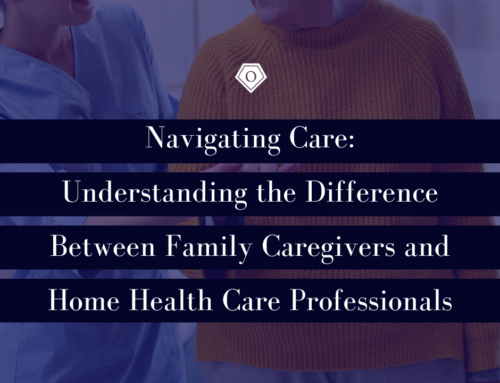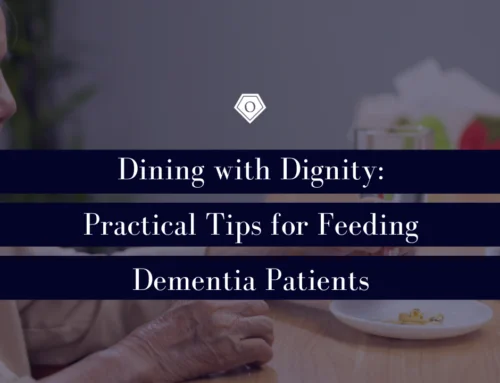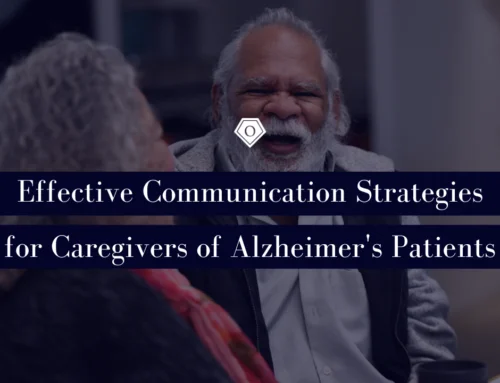The sandwich generation applies to anyone still caring for children (little ones, teens, even young adults) and a parent at the same time.
More often than not, those in the sandwich generation assist young adults financially and care for elderly parents. The physical and emotional demands of this role stretch caregivers thin. The financial demands may even become a burden.
Stress and anxiety during this time in life can lead to poor health for the caregiver. Support is critical when fulfilling this role.
Don’t Pour From An Empty Cup
No one care for others (well) if they cannot care for themselves. Caregivers must pay attention to their own physical needs. If you’re on an airplane, the safety instructions say to put your oxygen mask first! When a caregiver is physically depleted, the parent does not receive the best care, and there is often added tension and stress in the relationship. Sandwich generation caregivers must keep their own doctor’s appointments, rest, eat well, and exercise to meet the physical demands of caregiving.
Know Your Rights At Work
When you need to take time off to care for a family member, explore how The Family Medical Leave Act applies in your scenario. This federal program is an unpaid benefit, but it can provide you with job security. Remember, if you feel you need to quit your job to care for a family member, it might be time for home health care.
Prioritize Emotional Health
Caring for an elderly parent and children can make anyone feel hair-brained. Caring for an elderly parent comes with many emotional challenges surrounding ongoing care, physical limitations, a fear of change, lack of independence – and these are things only the parent is struggling to manage! As a caregiver, you have to deal with your parent’s emotional demands while going through your own internal struggle. Caregiving can feel isolating, depressing, stressful, and so much more. Therefore, sandwich generation caregivers must find emotional support through therapy, a group, or other resources.
Set Your Priorities
Lists can help you identify same-day priorities versus what can wait. Too often, we stress over what we need to accomplish instead of putting our plan into perspective. Priority lists can help reduce stress and keep track of what is critical. You only have a finite amount of energy, apply that energy where it matters most and reassess every day.
Ask For Help
No one can do it alone. When the needs of a parent outgrow your capabilities, it’s essential to ask for help. Home health care can offer 24/7 services that increase over time and restore balance to the parent/child relationship. Home health care also provides outside expertise that can assist with significant lifestyle changes for seniors. Sandwich generation caregivers often experience the struggle of getting an elderly parent to downsize, make the home safer, move in with them, take meds, bathe daily, and more. Our nursing team can assist with these challenges by offering medical support and advice.
You don’t have to walk alone. The caregiving journey is long, and sandwich generation caregivers have unique challenges.
No matter where you are at in this journey, get the support you need through home care or even a group to chat with each week. Your physical and emotional needs are as important as the care your loved one needs.






